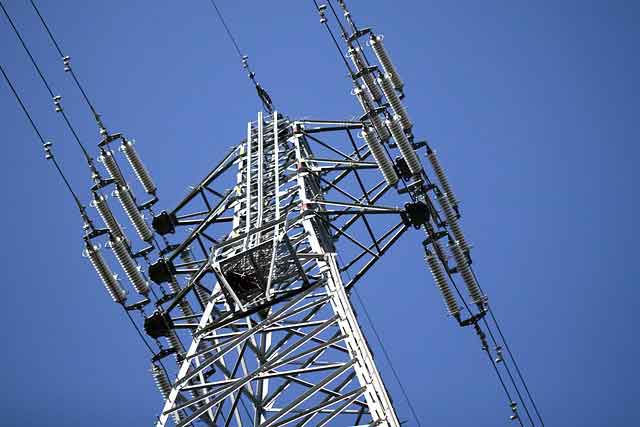Ceiling fan saves money over AC usage
By Associated Press
Substation Relay Protection Training
Our customized live online or in‑person group training can be delivered to your staff at your location.

- Live Online
- 12 hours Instructor-led
- Group Training Available
Even indoors, moving air is a welcome supplement to air-conditioning. Adding a ceiling fan will not only set things in motion, it also can help save money on your power bill.
The concept is simple. Ceiling fans work by creating a wind-chill effect. As in winter, when the wind makes it feel colder outside, so the wind — or motion — created by ceiling fans makes you feel cooler in the summer. You can raise your thermostat and still get the same cooling effect. That means lower electric bills in the long run.
"Ceiling fans don't cool the room, they cool you," said Maria Vargas, spokeswoman and brand manager for Energy Star, the government program designed to promote energy efficiency. Raising the thermostat by 2 degrees and using a ceiling fan can cut energy costs by about 14 percent over the course of a season, Vargas said.
That makes the fans a good, low-cost supplement to air-conditioning. Jeremy Tarr, director of marketing for Hunter Fan Co., says the energy cost of running a ceiling fan is similar to that of running a standard incandescent lightbulb. "You can save much more by raising the thermostat," he said.
Some studies have shown that people can move their thermostats up 4 to 6 degrees and not perceive any real difference if they're using a ceiling fan, Tarr said.
The cost of a fan depends on the options.
At Dan's Fan City in Rockville, Md., fans range from the simplest model at about $40 to builder-grade fans with a price tag of $3,000. Manager John Reeve said consumers should plan to spend $100 to $250 for a quality fan. A light kit adds to the cost.
Most ceiling fans are reversible. During the summer, the blades should move counterclockwise as you look up at the fan, creating a wind chill. In winter months, they should move clockwise. That helps bring the hot air down from the ceiling and even out the heating. Hunter Fan Co. says you can save 15 percent on winter heating costs by lowering your thermostat 4 degrees and using a ceiling fan.
When you go to buy a fan, you'll need to know more than just what style you like.
Consider the size of the room, Tarr said. For a larger bedroom, go with a 52-inch fan. For a great room, a 60- or 70-inch fan would work best. "For smaller rooms, a 44- or 42-inch fan may be just fine," he said.
The measurement refers to the length of the blades.
There also are different motor sizes. "You need a fan with a properly sized motor to get an efficient airflow," Tarr said.
When you leave a room, turn the fan off to get the maximum energy efficiency. Unlike an air conditioner, the wind-chill effect produced by the ceiling fan is immediate. You don't lose anything by turning it off when you're not there.
The energy savings can be even greater if your fan is certified by Energy Star. Although savings depend on the amount of use and the climate, Vargas said Energy Star fans are about 50 percent more efficient than conventional ones, leading to savings of about $25 a year. But these fans can cost about $80 more than a conventional one.
Energy Star and Hunter Fan also recommend using a programmable thermostat to automatically adjust the temperature during waking hours, or when you are away or sleeping.











